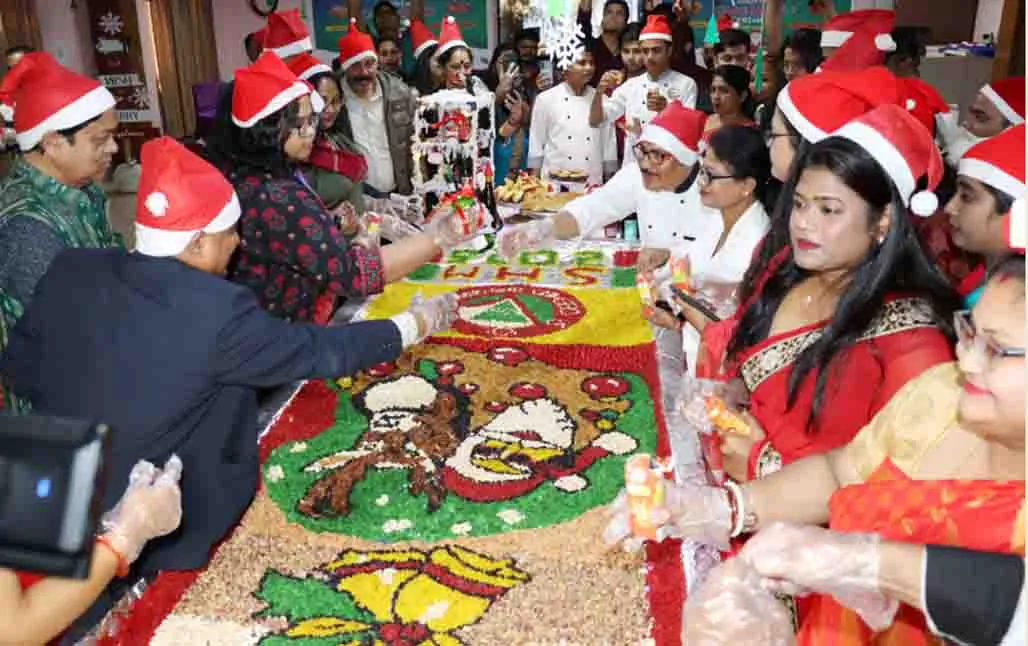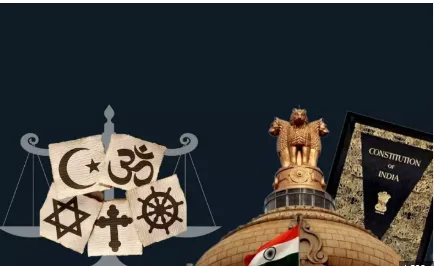

New Delhi, September 16: The Supreme Court on Tuesday announced that it will examine a series of petitions challenging the validity of anti-conversion laws enacted by several states. A bench led by Chief Justice of India (CJI) BR Gavai, alongside Justice K Vinod Chandran, directed that the respective State governments submit their responses to these petitions within four weeks. The matter is scheduled for further hearing in six weeks.
During the proceedings, counsel representing one of the petitioners argued that certain states, notably Uttar Pradesh, have progressively made their anti-conversion laws more stringent. In Uttar Pradesh, violations of these laws carry a minimum sentence of 20 years, the counsel claimed. Additionally, it was asserted that the laws impose a reverse burden of proof, making it nearly impossible for accused individuals to secure bail, particularly in cases involving interfaith marriages. The counsel drew parallels with stringent provisions in laws such as the Unlawful Activities (Prevention) Act (UAPA) and the Terrorist and Disruptive Activities (Prevention) Act (TADA), suggesting that similar "twin conditions" for bail were being applied under these anti-conversion laws.
After hearing the arguments, the Supreme Court concluded that the case requires thorough consideration. It thus instructed the state governments to respond to the petitions within four weeks and listed the next hearing for six weeks from now. The Court also appointed two nodal counsels for the case: Advocate Srishti Agnihotri will represent the petitioners, while Advocate Ruchira Goyal will represent the state governments.
The petitions challenge anti-conversion laws passed by the governments of Uttar Pradesh, Madhya Pradesh, Gujarat, Karnataka, Jharkhand, Uttarakhand, and Himachal Pradesh.